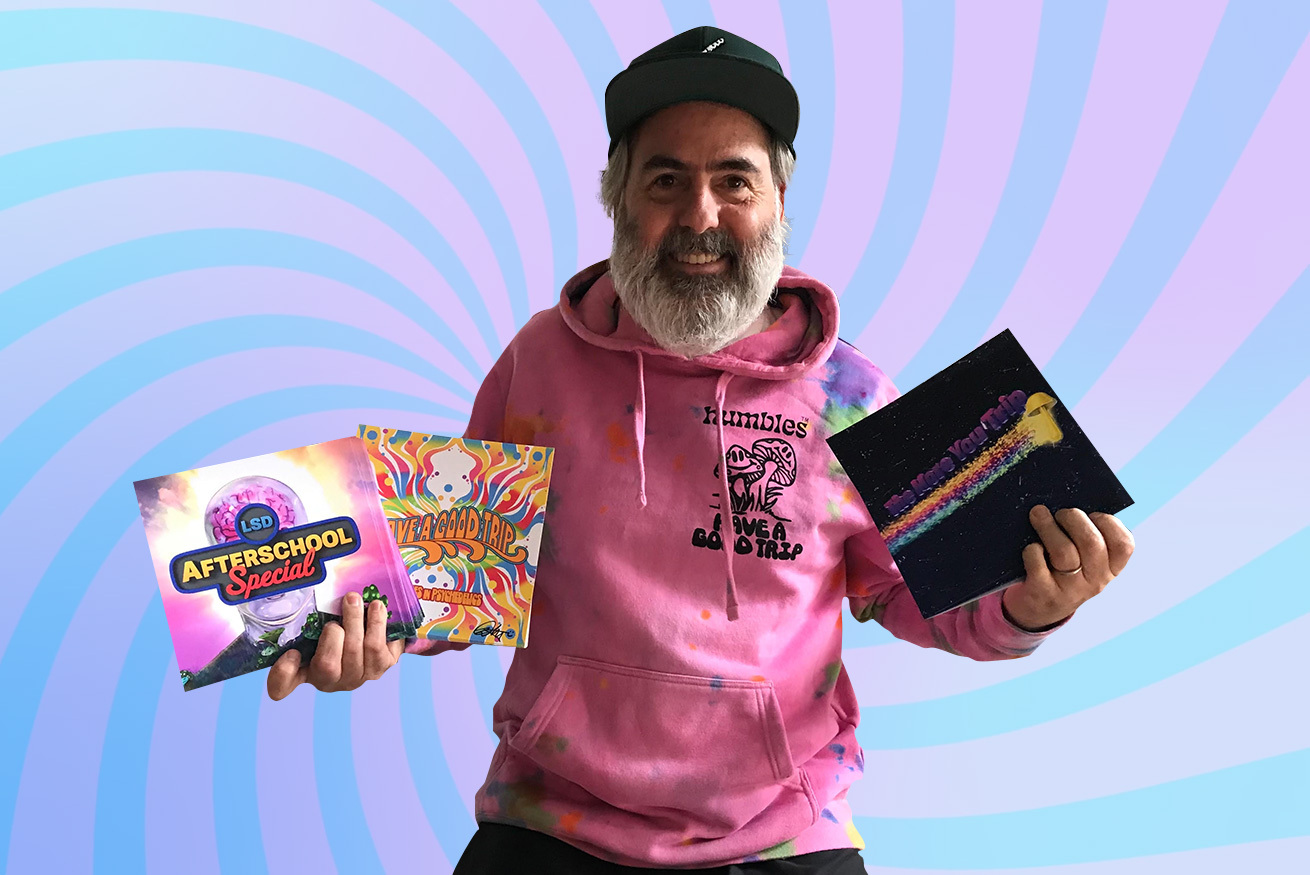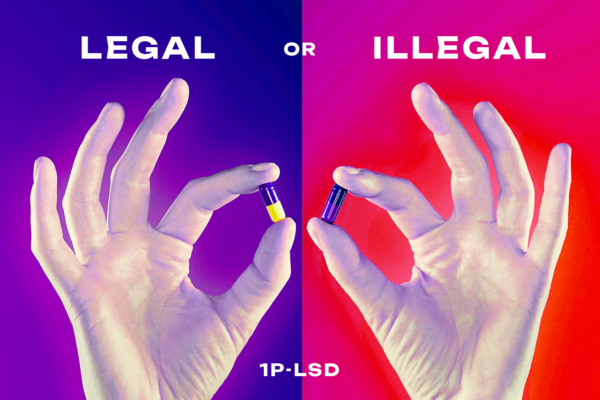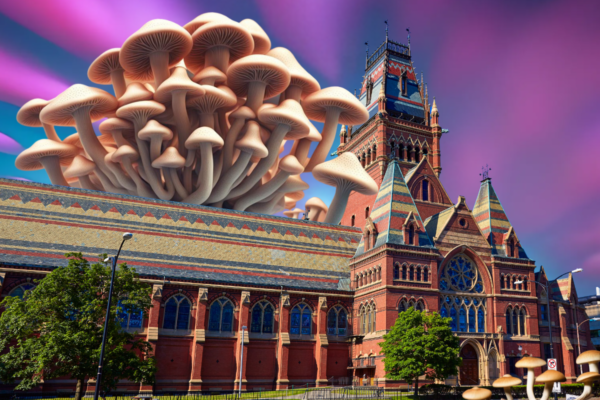
If you enjoyed Netflix’s comedic documentary Have a Good Trip: Adventures in Psychedelics, then we have good news: the adventures will continue!
Psychedelic Spotlight spoke to writer, director and producer Donick Cary, who said that they already have enough celebrity interviews in the can for another film, or a series, or even both.
“We think there’s a Have a Good Trip: The Adventures Continue,” Cary tells me over the phone while on vacation with his family. “We have a couple conversations going on. The footage could also become a series; half-hour conversations, almost like a talk show with fun stories.” He also mentions the possibility of a podcast, and even a live show combining storytelling, comedy, and music centered around psychedelics.
Have a Good Trip premiered on Netflix in May of 2020, but it was actually more than a decade in the making. Cary and producer Mike Rosenstein spent the last 11 years interviewing some of the world’s biggest celebrities about their experiences using various psychedelic drugs. Sting, Carrie Fisher, ASAP Rocky, Anthony Bourdain, and Ben Stiller are among the famous faces sharing often hilarious anecdotes, which Cary brought to cinematic life through re-enactments (featuring more celebrities) and animation.
But it turns out, there were so many adventures left on the cutting room floor. “We shot probably 75 interviews, and used bits and pieces of about 35 or 40,” Cary explains. “We made a decision at one point to just choose the ones that cover the story we need to tell right away, to kind of connect us for this one film, and then just save the other ones.”
The Office star Rainn Wilson, funk icon Bootsy Collins, musician David Crosby, Mark Mothersbaugh and Jerry Casale of new wave band Devo, Jackass star Steve-O, and comedian Patton Oswalt are among those interviews in the Good Trip brand vault. “Rainn Wilson tells this amazing Christmas story, and I was like, this could be a Christmas special,” Cary says.
Cary has had a long comedy career in Hollywood, writing for The Late Show with David Letterman, The Simpsons, New Girl, Parks and Recreation, and Silicon Valley, which explains his access to an abundance of top-tier talent willing to talk openly about a subject that was once very taboo, and still largely illegal. “It took 11 years, mainly because this is sort of like a hobby more than like, my full time job,” he says. “It was kind of like, ‘Hey, that might be interesting. Let’s start interviewing people.’ And then, celebrities show up when they show up.”
He’s even got hard rock legend Ozzy Osbourne on camera talking about psychedelics. But that interview may not make the next cut, either.
“It’s very hard to understand when he speaks,” Cary recalls. “And then at the end, I think he was like, ‘Is that what you wanted?’ And I was like, ‘Yeah, whatever you’re comfortable sharing.’ And he goes, ‘I don’t know if I’m comfortable sharing any of this. I thought this was a just-say-no campaign, and I want to just say no.'”
There is no release date or distributor lined up for another dose of Have a Good Trip, but Cary says Netflix was wonderful to work with, so he’ll offer up the sequel or series to the streaming giant. When Netflix bought the film, Cary and Rosenstein retained the rights to the title, and they see franchise opportunity as mainstream interest in psychedelics continues to grow. They’re considering setting up a production company dedicated strictly to telling psychedelic stories through mixed media productions.
“I think the thing that we haven’t explored yet fully is, like, everyone’s stories,” he says while talking the future of the franchise. “Everyone I’ve met is like, ‘Oh my God, I gotta tell you what happened when I did psychedelics!’ In general, people have some big revelation.”
Whatever form the next Have a Good Trip adventure comes packaged in, the brand Donick Cary spent over a decade creating is yet another example of a pop culture force normalizing psychedelics. The filmmaker noticed the giant paradigm shift in the last few years while making the movie, and credits Michael Pollan’s book How to Change Your Mind for creating a positive public perception of drugs that have been illegal for decades. “He wrote the dry, non-celebrity version of what we kind of discovered on our own,” Cary says.
“We got a lot of like, ‘Thank you, thank you’ for just like normalizing the conversation and de-stigmatizing it. And also talking about doing it safely and sanely and having a rational conversation about it,” Cary says. “So, we think that we can add to all of those things by continuing to explore stories, and those take a lot of shapes.”





